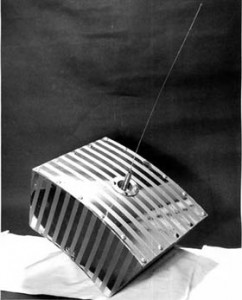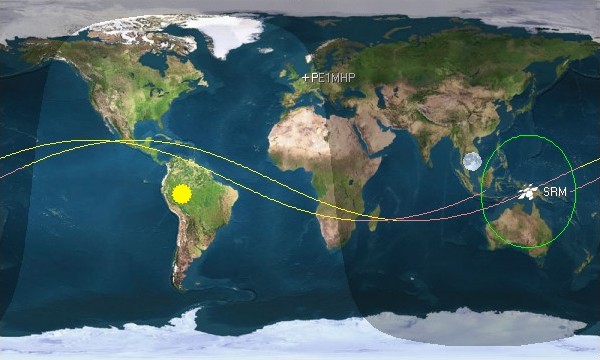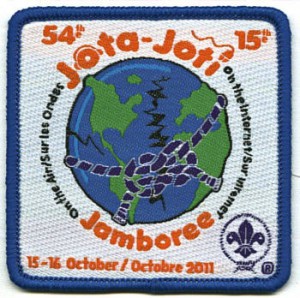Amateur Radio and Satellite communication
 OSCAR is an acronym for Orbiting Satellite Carrying Amateur Radio. OSCAR series satellites use amateur radio frequencies to facilitate communication between amateur radio stations. These satellites can be used for free by licensed amateur radio operators for voice (FM, SSB) and data communications (AX.25, packet radio, APRS). Currently over 20 fully operational satellites in orbit act as repeaters, linear transponders or store and forward digital relays.
OSCAR is an acronym for Orbiting Satellite Carrying Amateur Radio. OSCAR series satellites use amateur radio frequencies to facilitate communication between amateur radio stations. These satellites can be used for free by licensed amateur radio operators for voice (FM, SSB) and data communications (AX.25, packet radio, APRS). Currently over 20 fully operational satellites in orbit act as repeaters, linear transponders or store and forward digital relays.
The first amateur satellite simply named OSCAR-1, was launched on December 12, 1961, barely four years after the launch of world’s first satellite, Sputnik I. OSCAR-1 was the very first satellite to be ejected as a secondary payload and subsequently enter a separate orbit. Despite being in orbit for only 22 days OSCAR-1 was an immediate success with over 570 amateur radio operators in 28 countries forwarding observations to Project OSCAR. Throughout the years OSCAR satellites have helped make significant breakthroughs in the science of satellite communications. A few advancements include the launch of the very first satellite voice transponders and the development of highly advanced digital “store-and-forward” messaging transponder techniques. To-date over 70 OSCAR’s have been launched with more to be launched in the near future.


 The AO-51 Command Team is happy to announce support of the Scouting Jamboree On The Air (JOTA) during the weekend Oct. 15-16, 2011. The AO-51 satellite will remain in its current configuration, with an understanding that contacts involving Scouts will be given first priority during this period.
The AO-51 Command Team is happy to announce support of the Scouting Jamboree On The Air (JOTA) during the weekend Oct. 15-16, 2011. The AO-51 satellite will remain in its current configuration, with an understanding that contacts involving Scouts will be given first priority during this period. OSCAR is an acronym for Orbiting Satellite Carrying Amateur Radio. OSCAR series satellites use amateur radio frequencies to facilitate communication between amateur radio stations. These satellites can be used for free by licensed amateur radio operators for voice (FM, SSB) and data communications (AX.25, packet radio, APRS). Currently over 20 fully operational satellites in orbit act as repeaters, linear transponders or store and forward digital relays.
OSCAR is an acronym for Orbiting Satellite Carrying Amateur Radio. OSCAR series satellites use amateur radio frequencies to facilitate communication between amateur radio stations. These satellites can be used for free by licensed amateur radio operators for voice (FM, SSB) and data communications (AX.25, packet radio, APRS). Currently over 20 fully operational satellites in orbit act as repeaters, linear transponders or store and forward digital relays.